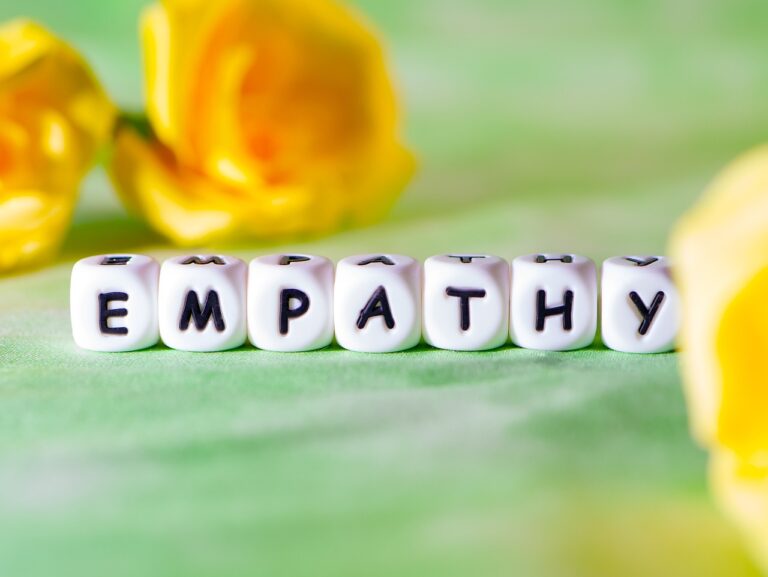10 Interesting Reasons Why You Are Craving Physical Touch

Physical touch is a fundamental human need, serving as a powerful tool for communication, bonding, and healing. Despite its importance, many of us may find ourselves craving physical touch at various points in our lives. This craving can stem from a variety of reasons, each highlighting a different aspect of our physical, emotional, and psychological well-being. Here, we explore ten reasons why people might crave physical touch, shedding light on the complexity of this basic human necessity.
Why Am I Craving Physical Touch?
1. Lack of Physical Touch in Daily Life
The modern lifestyle, characterized by busy schedules and digital communication, often leads to a reduction in face-to-face interactions and, subsequently, physical touch. This scarcity can leave individuals feeling disconnected and isolated, craving the warmth and comfort that comes from physical contact.
Physical touch, such as hugs, handshakes, and pats on the back, serves as a non-verbal way to express feelings, offer comfort, and reinforce social bonds. In its absence, people might experience feelings of loneliness and emotional distress. The craving for physical touch in this context reflects a desire for closeness and connection that is not fully satisfied through digital or distant interactions.
2. Emotional Healing
Physical touch has therapeutic qualities, offering comfort and reassurance in times of stress, sadness, or anxiety. It can be a powerful tool for emotional healing, helping individuals to feel grounded and supported.
When going through emotional turmoil, the gentle touch of another person can provide a sense of safety and care, fostering emotional resilience. Craving physical touch during such times can be an instinctive longing for the calming and healing effects it brings, serving as a silent plea for emotional support and understanding.
3. The Need for Reassurance
In moments of doubt or insecurity, physical touch can act as a form of reassurance, conveying acceptance and validation without the need for words. It can reassure us of our worth, our place in the lives of others, and the strength of our relationships.
This craving often arises from a deep-seated need for affirmation and confidence in one’s self and one’s connections with others. A simple hug or touch can be a powerful reminder that we are valued and loved, providing a tangible sense of security and belonging.
4. Enhancing Bonding and Connection
Physical touch is a key element in the bonding process, not just in romantic relationships but also in friendships and familial connections. It can strengthen bonds and foster a deeper sense of intimacy and closeness.
The desire for physical touch in this context stems from the human need for social connection and belonging. Through touch, we communicate empathy, love, and care, reinforcing the emotional ties that bind us to others. Craving physical touch can, therefore, be an expression of the desire to deepen these connections and experience a greater sense of unity and companionship.
5. The Power of Comfort and Security
For many, physical touch is a source of comfort and security, offering a safe haven from the challenges and uncertainties of the world. It can provide a sense of protection, warmth, and safety, serving as a physical manifestation of care and support.
This craving can be especially pronounced in times of stress or fear, when the physical presence and touch of another person can act as a calming influence, reducing anxiety and fostering a sense of peace and well-being. It highlights our need for a tangible sense of security and the comforting assurance that we are not alone.
6. Experiencing Affection and Love
Physical touch is a universal language of love and affection, capable of conveying feelings that words alone cannot express. Craving physical touch can be a longing to feel loved, cherished, and appreciated in a visceral, tangible way.
This need reflects our desire for meaningful connections and the affirmation of our emotional bonds through physical expressions of affection. Whether through a gentle caress, a warm embrace, or a tender touch, we seek to experience and share love in its most physical form.
7. Seeking Validation in Relationships
In romantic relationships, physical touch plays a crucial role in expressing and reaffirming attraction, love, and commitment. A craving for touch in this context can indicate a desire for reassurance about the health and strength of the relationship.
The absence of physical touch can lead to doubts and insecurities, making individuals crave touch as a form of validation. It serves as a non-verbal communication of love and commitment, reinforcing the bond between partners and providing assurance of their affection and dedication to each other.
8. The Need for Personal Growth and Self-Discovery
Physical touch can also play a role in personal growth and self-discovery, helping individuals to connect with their own bodies and emotions. Through touch, we can learn to understand and appreciate our physical selves, fostering a healthy body image and emotional well-being.
Craving physical touch can be a part of the journey towards self-acceptance and love, reflecting a desire to explore and embrace one’s own identity. It can help us to feel more in tune with our bodies, promoting a sense of harmony and balance within ourselves.
9. Triggering Positive Physiological Responses
Touch triggers a range of positive physiological responses, including the release of oxytocin, known as the “love hormone,” which promotes feelings of contentment, reduces stress, and enhances social bonding. Craving physical touch can, therefore, be a subconscious desire to experience these beneficial effects.
The physical act of touching and being touched can stimulate the release of endorphins and other neurochemicals that promote a sense of happiness and well-being. This craving highlights our body’s innate knowledge of the healing and restorative power of touch.
10. Cultural and Social Influences
Cultural and social norms can also influence our craving for physical touch. In societies where physical affection is openly expressed, individuals may crave touch as a way of conforming to these social practices and feeling included.
Conversely, in cultures where physical touch is less common or restricted, individuals may still crave touch as a natural human instinct, seeking the warmth and connection it provides. This craving underscores the universal need for physical contact, regardless of cultural norms and expectations, highlighting its fundamental role in human connection and well-being.
In conclusion, the craving for physical touch is a multifaceted phenomenon, rooted in our innate need for connection, comfort, and emotional support. Whether it stems from a lack of physical contact in our daily lives, the need for emotional healing, or the desire to enhance personal relationships, this craving highlights the essential role that touch plays in our overall health and happiness. Recognizing and addressing this need can lead to deeper connections, improved well-being, and a more fulfilling life.






